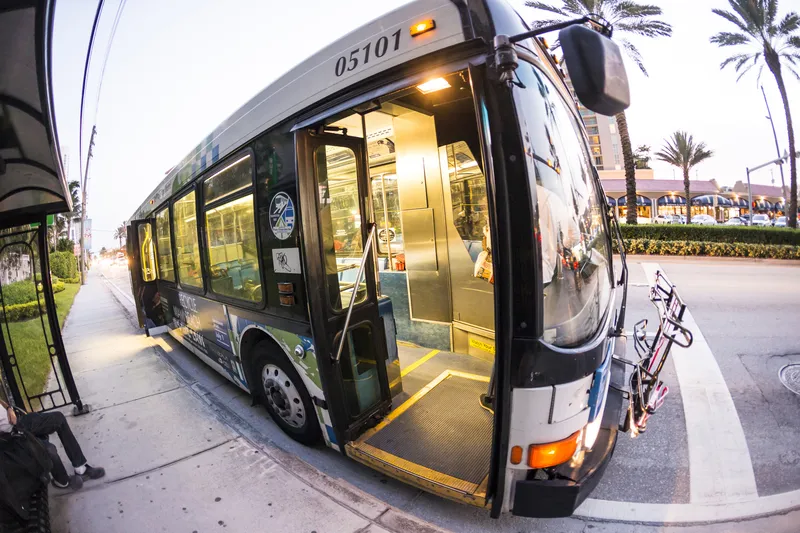The US Department of Transportation has made US$600 million of funding available to fund transportation projects across the country under a sixth round of its highly successful Transportation Investment Generating Economic Recovery (TIGER) competitive grant program.
The TIGER 2014 grant program will place an emphasis on projects that support reliable, safe and affordable transportation options that improve connections for both urban and rural communities, making it easier for their residents to reach wor
February 27, 2014
Read time: 2 mins
The 324 US Department of Transportation has made US$600 million of funding available to fund transportation projects across the country under a sixth round of its highly successful Transportation Investment Generating Economic Recovery (TIGER) competitive grant program.
The TIGER 2014 grant program will place an emphasis on projects that support reliable, safe and affordable transportation options that improve connections for both urban and rural communities, making it easier for their residents to reach work, school and other ladders of opportunity. While continuing to support projects of all types, DOT will prioritise applications for capital projects that better connect people to jobs, training and other opportunities, promote neighbourhood redevelopment and reconnect neighbourhoods divided by physical barriers, such as highways and railroads.
The announcement was made by president Obama and transportation secretary Anthony Foxx, who said: “President Obama knows that transportation means opportunity for so many Americans. “TIGER investments answer the president’s challenge to expand opportunity through a strong transportation system that connects Americans with a better way of life.”
National League of Cities president Chris Coleman, commended the president for his “continued commitment to modernise and expand our nation's infrastructure that is so critical to the economic health of our nation. These TIGER grants allow cities and towns across the nation to leverage federal government seed money and pair it with local resources to transform their communities. It is the best example of what is possible with a federal-local partnership.”
The TIGER 2014 grant program will place an emphasis on projects that support reliable, safe and affordable transportation options that improve connections for both urban and rural communities, making it easier for their residents to reach work, school and other ladders of opportunity. While continuing to support projects of all types, DOT will prioritise applications for capital projects that better connect people to jobs, training and other opportunities, promote neighbourhood redevelopment and reconnect neighbourhoods divided by physical barriers, such as highways and railroads.
The announcement was made by president Obama and transportation secretary Anthony Foxx, who said: “President Obama knows that transportation means opportunity for so many Americans. “TIGER investments answer the president’s challenge to expand opportunity through a strong transportation system that connects Americans with a better way of life.”
National League of Cities president Chris Coleman, commended the president for his “continued commitment to modernise and expand our nation's infrastructure that is so critical to the economic health of our nation. These TIGER grants allow cities and towns across the nation to leverage federal government seed money and pair it with local resources to transform their communities. It is the best example of what is possible with a federal-local partnership.”







